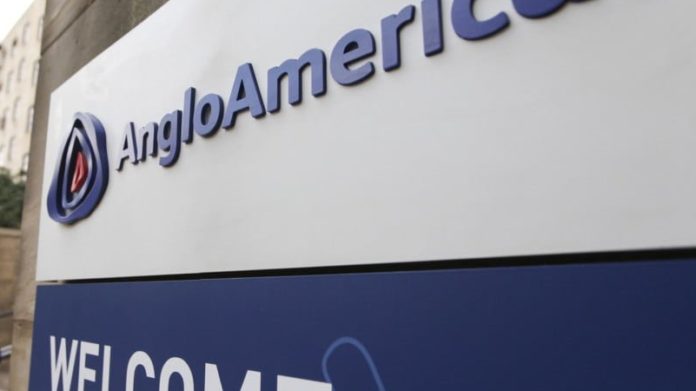
ANGLO American CEO Duncan Wanblad received a grilling last week at the firm’s investor update with more than one analyst wanting to know if cuts to production guidance were to be an annual (nasty) surprise.
This was after Anglo said copper output would be between 730,000 to 790,000 tons in 2024 compared to its previous estimate of 910,000 to one million tons. A twist in the news was that the newly commissioned Quellaveco mine had run into a geotechnical fault that Anglo knew was coming but seemed news to everyone else.
Shares in the company fell heavily suggesting a loss of confidence in current management despite Wanblad’s view that Quellaveco’s issues were but one of “an unusual confluence” of events. Infrastructural problems in South Africa and stubbornly low prices for platinum group metals (PGMs) and diamonds had compounded a difficult situation, he said.
It prompted Christopher Lafemina, an analyst for Jefferies, to suggest that were current market prices to persist, Anglo could expect to become a takeover target and that Glencore would be the aggressor. He cited operational synergies, marketing benefits and a cost of capital arbitrage as the main reasons Glencore would be interested.
But would it?
Glencore is clearly on the acquisition trail as its attempted takeover of Teck, which occupies a place in Canadian corporate society akin to that of Anglo American in South Africa, would suggest. But unlike Teck, which has some of the world’s best metallurgical production, Anglo has assets in minerals Glencore doesn’t want such as PGMs and diamonds. Glencore rapidly sold Lonmin shortly after its takeover of Xstrata.
In Anglo, Glencore would also be buying into South Africa’s infrastructural problems such as its rail and electricity supply deficits. It already has a degree of these headaches at its South African coal and ferrochrome production. Anglo is also committed to a $4.8bn minerals fertiliser business Woodsmith requiring capital spend of $1bn a year – a mineral in which Glencore has no stated desire or experience.
‘Why buy a 10-room mansion for its garage?’ is the phrase sometimes used of companies ill-fitted to one another. In any event, Lafemina’s key rider or condition in his report was if the prices for Anglo’s metals were to remain depressed, which is unlikely.
Said Wanblad of PGM prices: “If you plot industry returns over the last 30 years we are at the lowest of the lows in that period of time. That can’t be right in terms of the industry generally and of our assets in particular”. The implication of this is that prices will recover during 2024 and with them, Anglo’s share price. That’s Wanblad’s hope.











